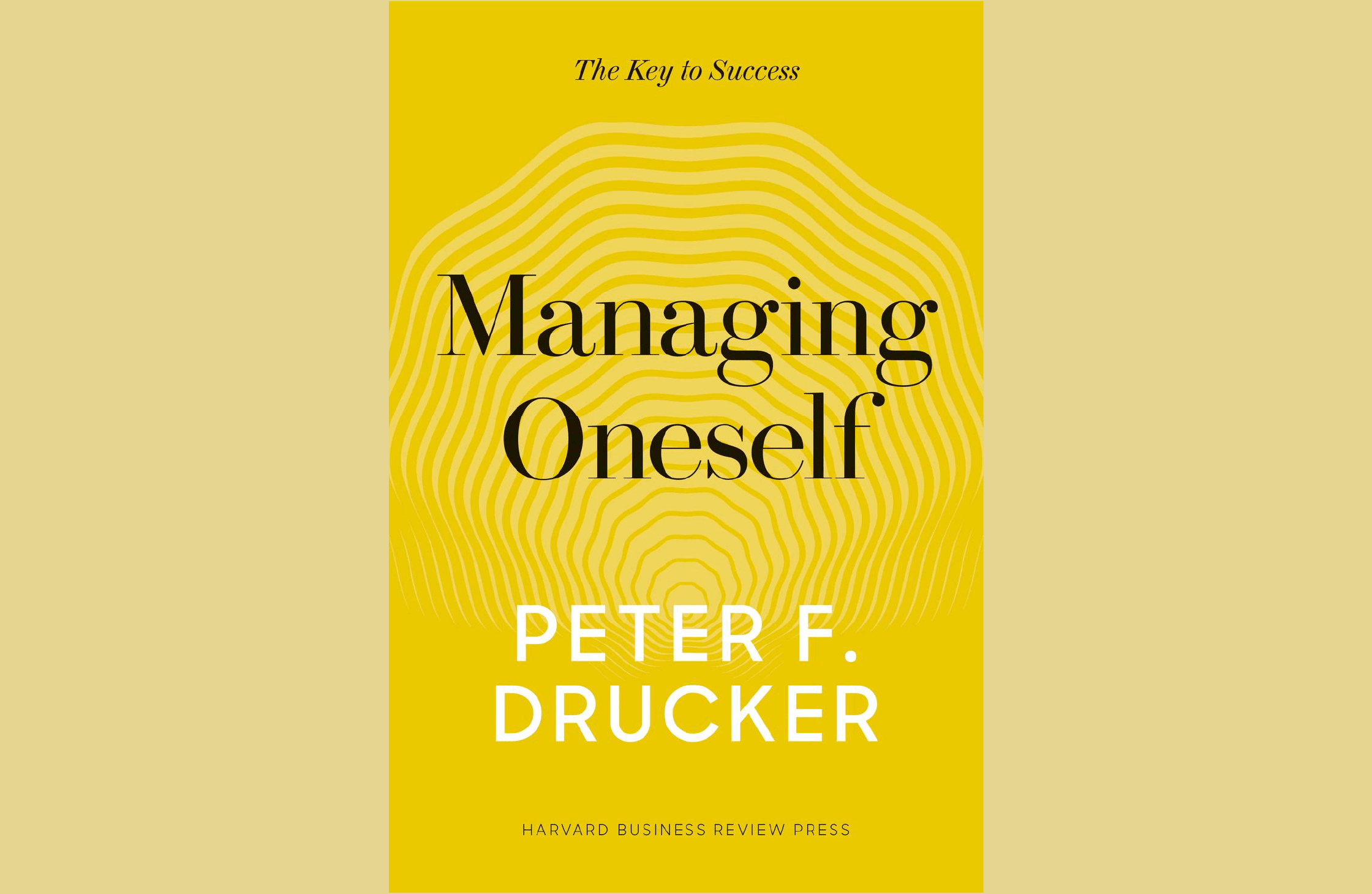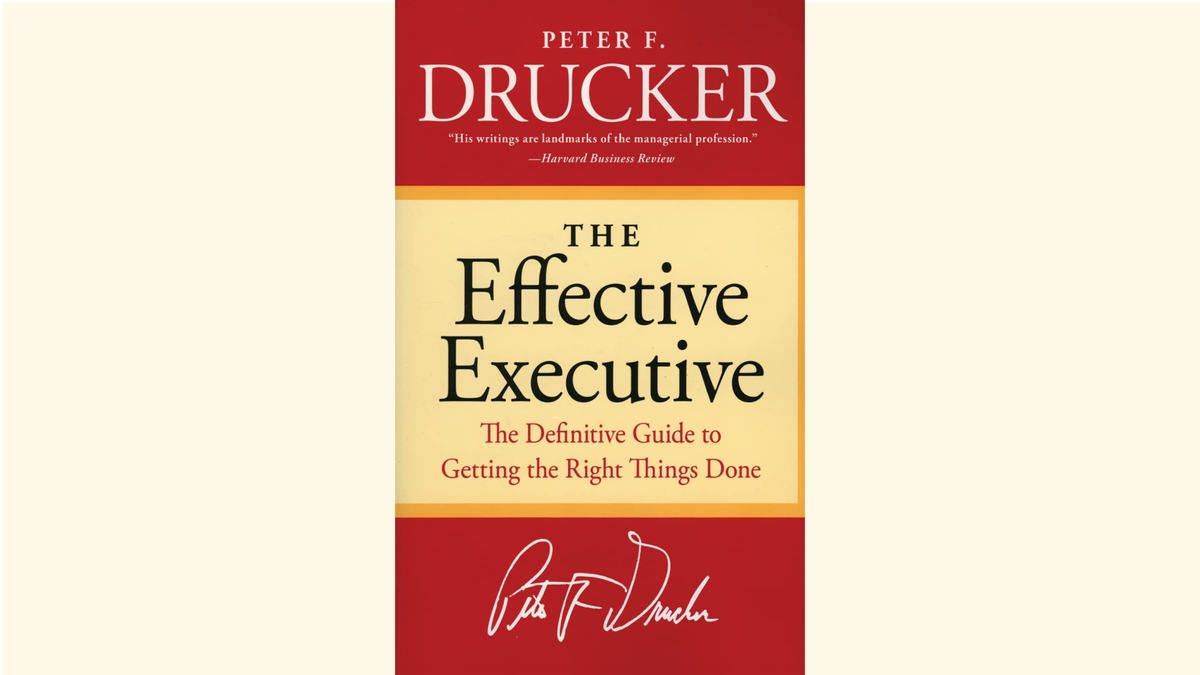The Remarkable Traits of the Best-Managed Companies
Discover the traits that make the best-managed companies thrive. Learn how Apple, Nvidia, and others excel by balancing innovation, engagement, and purpose, and gain actionable insights from Peter Drucker’s timeless wisdom to transform your leadership and business strategy.

Every time I read Peter Drucker’s work, I remember why his wisdom is timeless. His principles about management and leadership aren’t just theories—they’re roadmaps. They’ve guided some of the world’s best-run companies and shaped my work with teams, clients, and businesses.
This year’s Management Top 250 ranking again brought those principles to life. Apple led the pack as the best-managed company, but names like Nvidia, Mastercard, and Johnson & Johnson weren’t far behind. What’s fascinating isn’t just how these companies excelled—it’s why.

Drucker’s ideas—focusing on customer value, engaging employees, embracing innovation, and balancing profit with purpose—are as relevant today as they were decades ago. And they’re principles I’ve seen work wonders in my own experiences. When teams trust each other, they thrive. When companies have a clear vision, technology becomes a growth accelerator. And when businesses pivot with courage, they unlock transformation.
Let’s explore what the best-managed companies of 2024 got right and what the rest of us can learn from them.

Apple: Balancing Innovation and Engagement
Apple’s return to the top spot this year wasn’t a stroke of luck—it was a masterclass in balancing innovation, financial strength, and employee engagement. With declining iPhone sales and growing competition, Apple leaned into what it does best: innovating purposefully. Its AI-powered “Apple Intelligence” tools weren’t just flashy—they solved real customer problems.
However, what sets Apple apart is its culture. CEO Tim Cook has fostered an environment where collaboration thrives. Unlike the turbulence of the Steve Jobs era, today’s Apple operates with trust and alignment. Employees feel valued, and that engagement translates directly into better customer experiences.
My Insight: Engagement skyrockets whenever I’ve worked with teams that trust each other and communicate openly—especially when having difficult, crucial conversations. With high engagement, creativity, and innovation naturally follow. Apple’s success this year shows the power of prioritizing trust and collaboration.

Other Standout Performers: Playing to Their Strengths
Nvidia, Mastercard, and Johnson & Johnson are shining examples of companies that know exactly what they’re good at and double down on it.
• Nvidia has become synonymous with AI and GPUs, capitalizing on its expertise in high-growth industries.
• Mastercard turned payment processing into a customer-first experience with AI-driven cybersecurity and personalized banking tools.
• Johnson & Johnson stayed ahead in MedTech by continuously investing in its innovation pipeline.
What ties these companies together is their clarity of vision. They know where they’re headed and use that vision to drive meaningful action.
My Insight: When I see companies with a clear vision, they’re almost always making technology work for them, not the other way around. Technology is an incredible accelerator, but only if you know where you’re going. Without a clear path, tech can become a distraction instead of a driver.

When Giants Stumble
Even the most prominent names aren’t immune to failure. Meta, Tesla, and Chevron all struggled this year, showing how quickly things can go wrong when core principles are neglected.
• Meta improved in rank but continues to grapple with trust issues. Poor handling of privacy and misinformation is eroding customer loyalty.
• Tesla saw a sharp decline due to faltering employee engagement and misaligned execution.
• Chevron struggled to adapt to societal shifts like the energy transition, leading to declining innovation and customer satisfaction scores.
My Insight: When companies lose their way, it’s often because they provide less value to their customers. This typically stems from a lack of vision and a focus on short-term profits rather than long-term value creation. I’ve seen this happen before—businesses chasing quick wins often lose sight of their purpose, which shows.
Philip Morris: Reinventing for Relevance
I’ll admit, I didn’t expect Philip Morris to break into the top 10. However, their pivot from traditional cigarettes to smoke-free products is a powerful example of transformation. With 38% of their revenue now coming from smoke-free alternatives, they’re showing that reinvention isn’t just possible—it’s profitable.
The key here is accountability. Philip Morris tracks its progress transparently, tying executive compensation to sustainability goals and reporting accurate metrics.
My Insight: When I work with clients on big pivots, the hardest part is often the moment of courage it takes to stop doing something old and start doing something new. It’s an uncomfortable place to be, but when there’s a strong mission and vision behind the pivot, it becomes a powerful driver for change. Transformation starts with a leap of faith—but it’s always worth it.

Resilience in Action: Netflix and Airbnb
Netflix and Airbnb both faced tough challenges this year but came out stronger. Netflix tackled password sharing, adjusted pricing tiers, and expanded ad-supported plans, resulting in nearly 17% revenue growth year over year. Airbnb, meanwhile, capitalized on global events like the Olympics with personalized offerings and financial resilience.
What makes their success even more impressive is how their teams responded. Both companies have strong cultures that allow them to adapt quickly and tackle problems head-on.
My Insight: Adapting to changes in the market or shifting customer needs can be challenging—especially for large teams. The key is fostering a culture where employees feel safe discussing challenges without fear of judgment. When teams are aligned and open, they galvanize around solutions, and positive change becomes a collective effort.

10 Questions to Help CEOs and Founders Improve Management
Peter Drucker’s principles are timeless, but they’re also actionable. Here’s a quick checklist of questions to help you apply them to your business:
1. Customer Value: Are we delivering value that meets our customers’ evolving needs?
2. Innovation: Are we solving meaningful problems or just chasing trends?
3. Employee Engagement: Do our employees feel valued, motivated, and connected to our mission?
4. Financial Strategy: Are we balancing short-term gains with long-term sustainability?
5. Social Responsibility: How do we contribute positively to society and address key challenges?
6. Adaptability: Are we agile enough to pivot effectively when the market or societal trends shift?
7. Vision and Purpose: Is our vision clear, and does it inspire our team to act?
8. Collaboration: Are we fostering trust and open communication across our teams?
9. Performance Metrics: Do we measure what matters most, and are those metrics aligned with our goals?
10. Continuous Improvement: Are we learning from successes and failures to evolve consistently?
Building a Remarkable Future
The best-managed companies of 2024 remind us that success isn’t a fluke—it’s the result of clear vision, engaged teams, and courageous decisions. Whether leading a global corporation or building your first startup, these lessons apply to you.
What I love about Drucker’s principles is their universality. They’ve guided me in my work with clients and shaped some of the world's most remarkable businesses.
So, as you look ahead to your journey, ask yourself: How can I create value, foster trust, and drive meaningful change? The answers to those questions will shape your business and your legacy.
What kind of legacy will you create?



